Spanish police arrested 10 individuals following three nights of violent clashes between far-right groups and North African migrants in the southeastern town of Torre Pacheco. The unrest, which included hooded youths throwing bottles and objects at riot police, marks one of Spain’s most serious recent outbreaks of racially charged violence.
In response, police fired rubber bullets to disperse rioters. The violence reportedly stemmed from an earlier assault on an elderly man, which triggered tensions in the community.
Violent Assault Sparks Riots in Diverse Town Amid Rising Tensions and Police Arrests
The initial trigger for the riots was an attack on a man in his late 60s, Domingo Tomas, who was assaulted while walking through a cemetery garden. He reported being knocked to the ground and hit by two men speaking an unfamiliar language.
Authorities arrested the suspected main perpetrator in the Basque Country, while two other foreigners were also previously detained. The Interior Ministry later confirmed additional arrests of seven more people, including six Spaniards and one North African, on charges including assault, hate crimes, and public disorder.
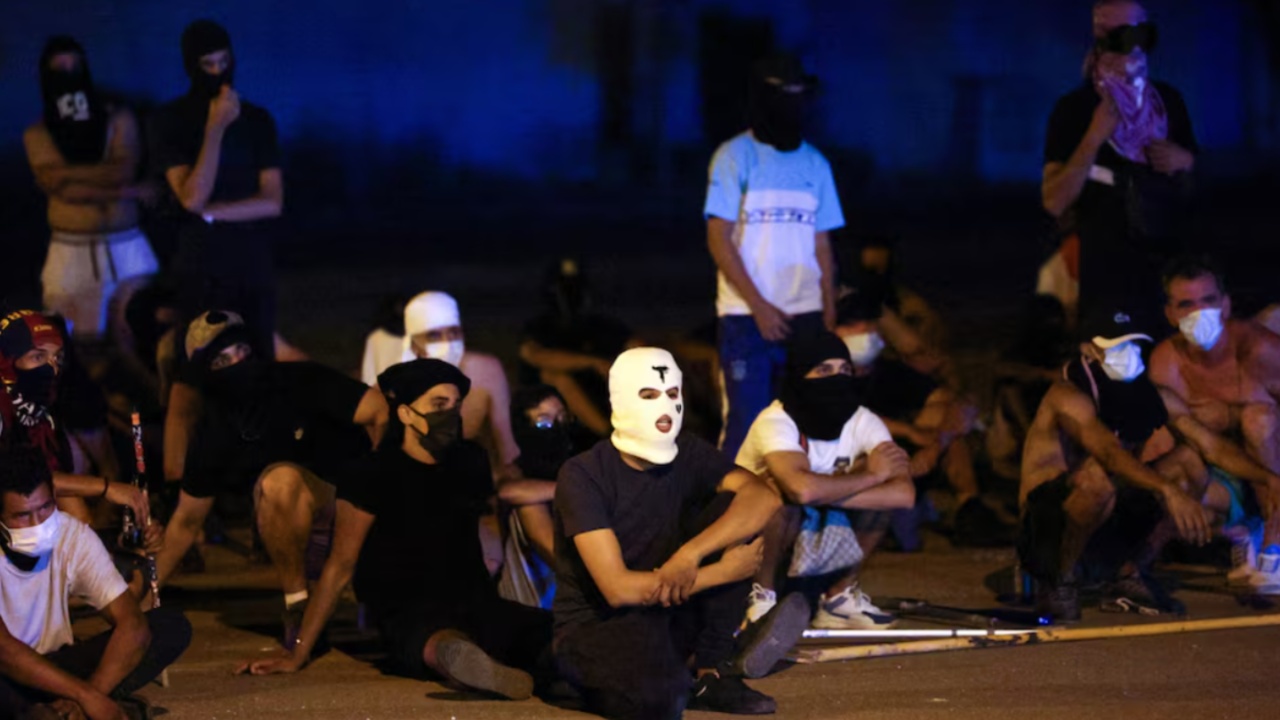
Torre Pacheco, a town with about 40,000 residents, has a large migrant population, with many employed as agricultural day laborers in the Murcia region. In light of the escalating violence, local mayor Pedro Angel Roca urged the migrant community to stay indoors and avoid direct confrontations with rioters to prevent further escalation. His message was a plea for calm and solidarity amid a tense and fearful atmosphere.
Political Blame, Migrant Fears, and Spain’s Ongoing Struggle with Immigration and Extremism
Spain’s Interior Minister Fernando Grande-Marlaska blamed the violence on far-right rhetoric, particularly from parties like Vox, which he accused of unfairly linking immigration to crime. The violence, he said, was incited through social media.
Vox leader Santiago Abascal rejected these claims, instead blaming government migration policies for the unrest. The debate comes at a time when Spain is planning to relocate unaccompanied migrant minors from the Canary Islands, sparking renewed political controversy.
Amid the fear and instability, local North African residents expressed their desire for peace, with some saying they were too afraid to even travel due to rioters’ aggression. One migrant named Abdelali voiced his hope for calm and safety.
The current violence echoes past anti-immigrant riots, notably the 2000 protests in El Ejido, where tensions also flared following crimes involving migrants. Despite challenges, Spain continues to support migration’s role in its economy and society, resisting broader European trends of tightening immigration.

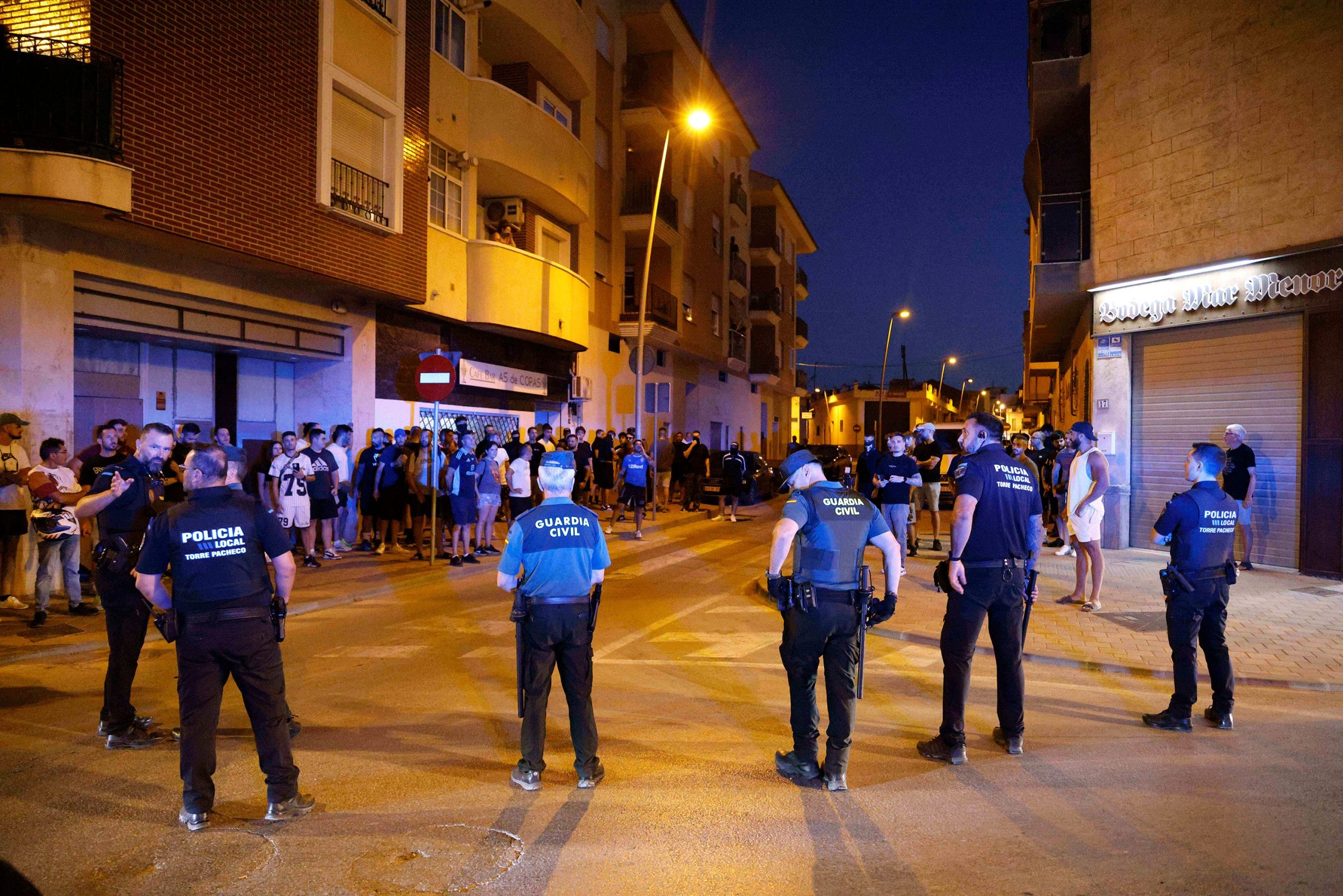
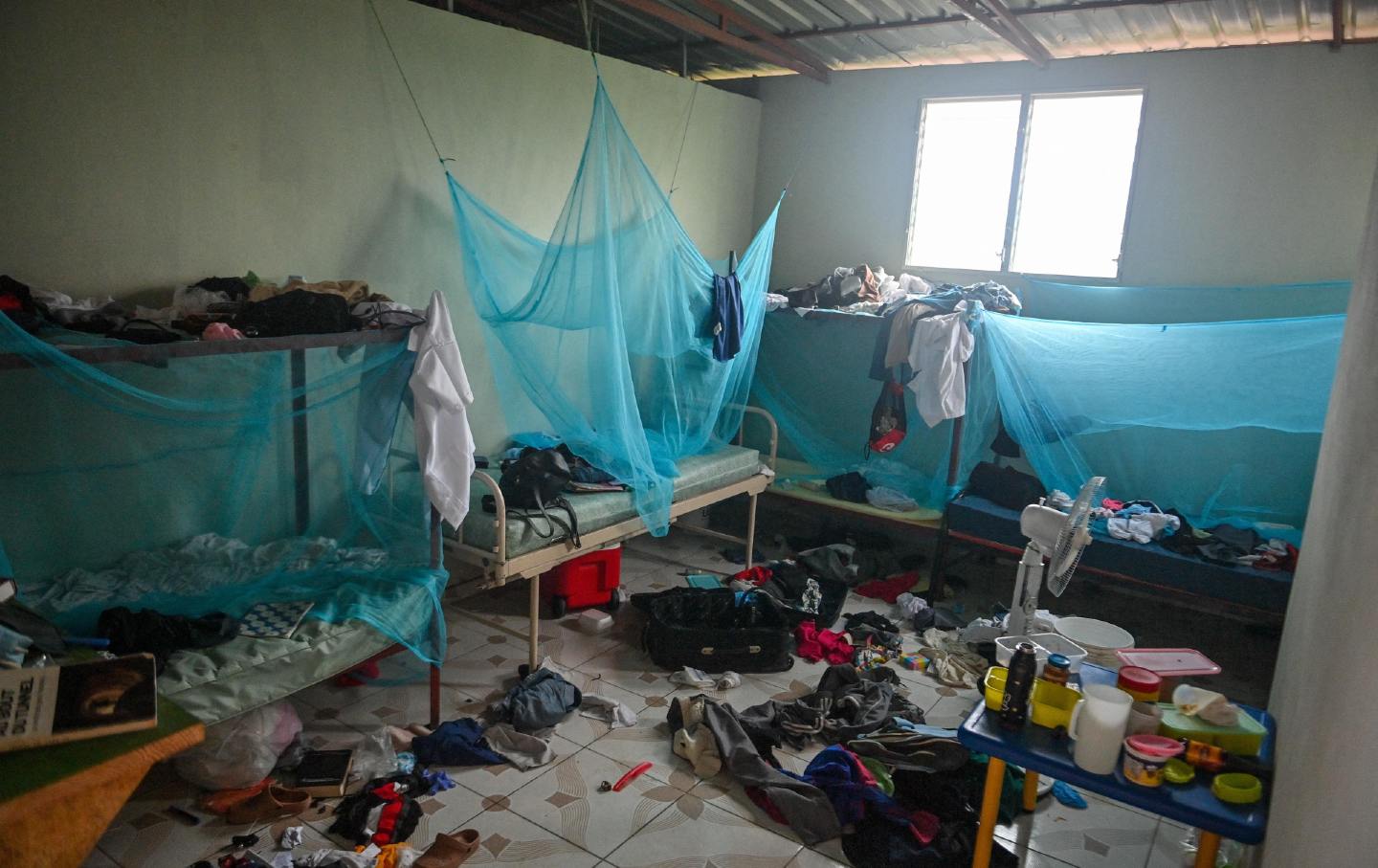




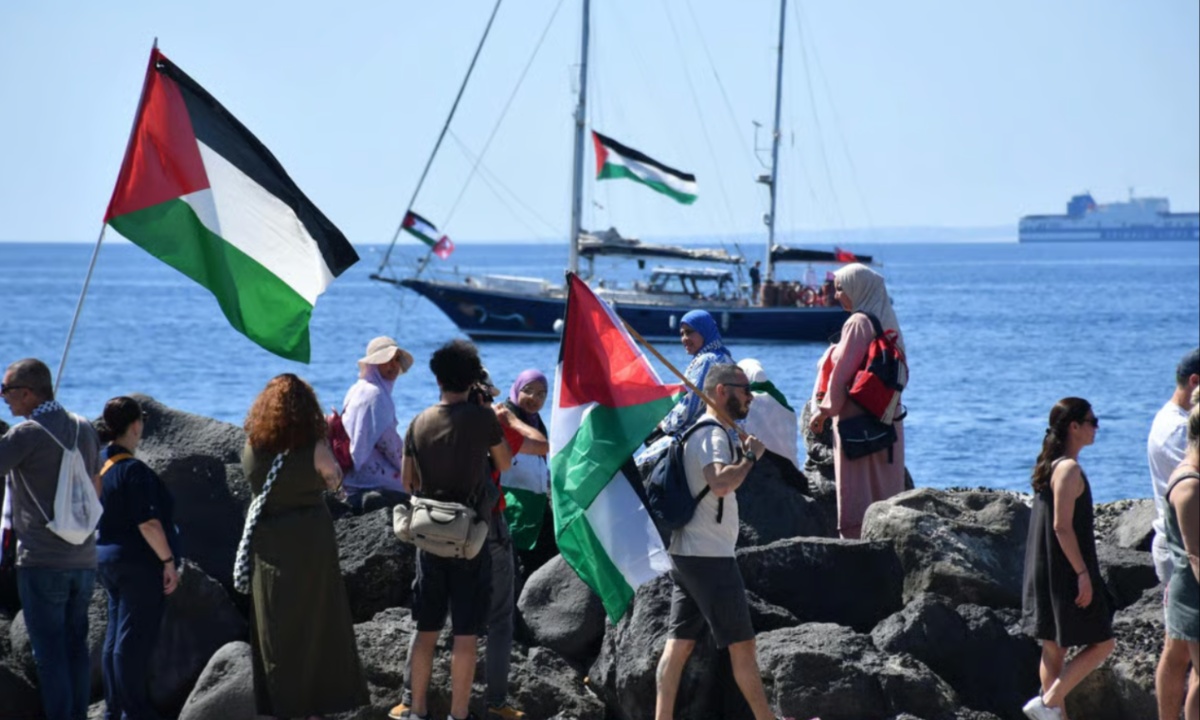
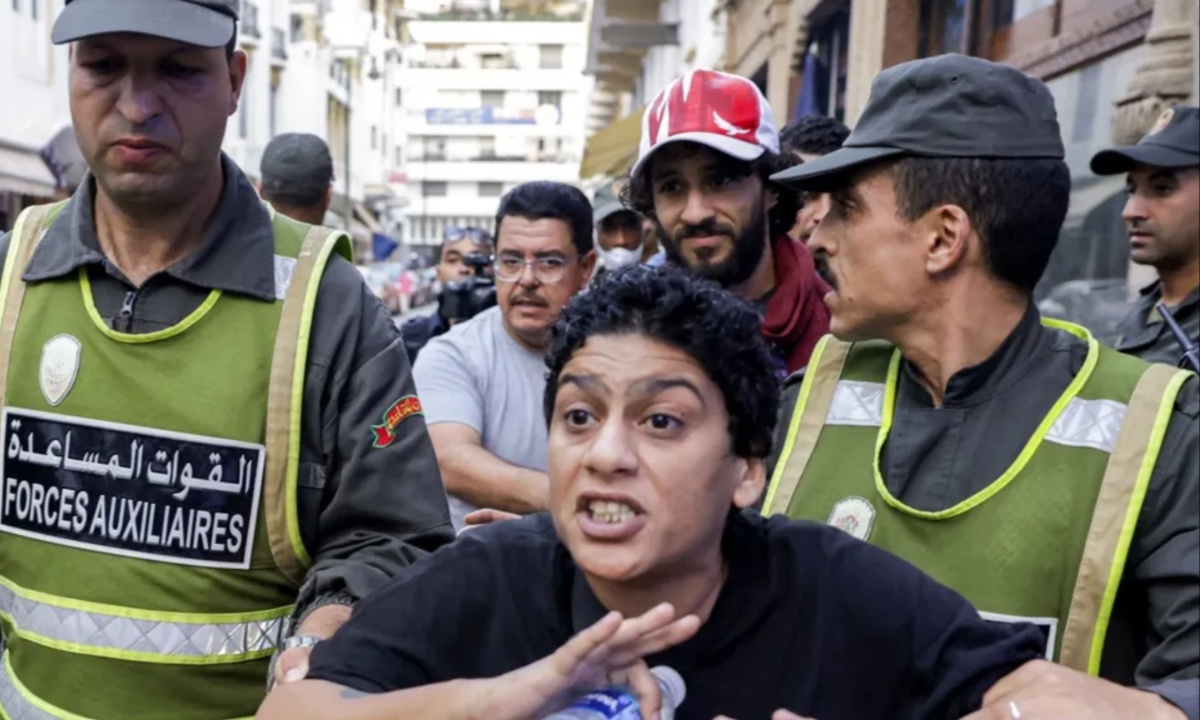
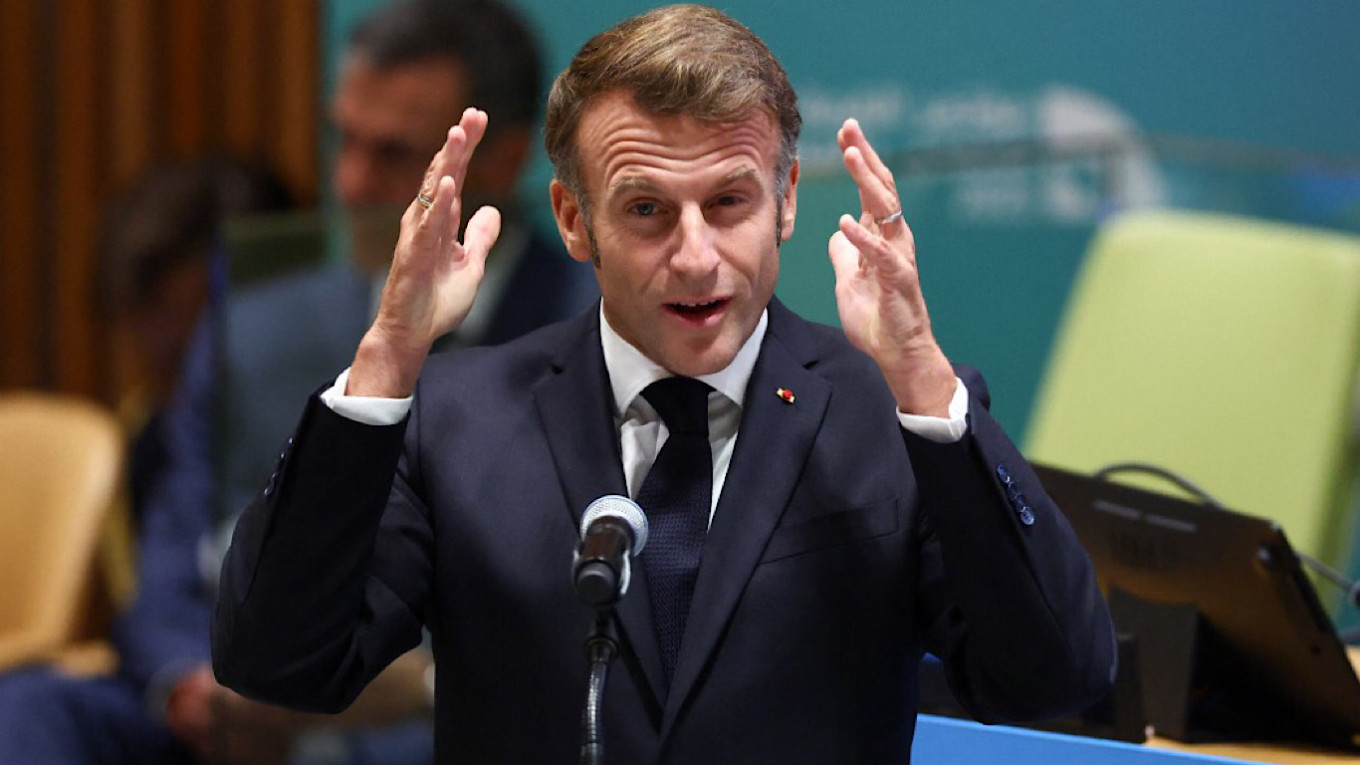

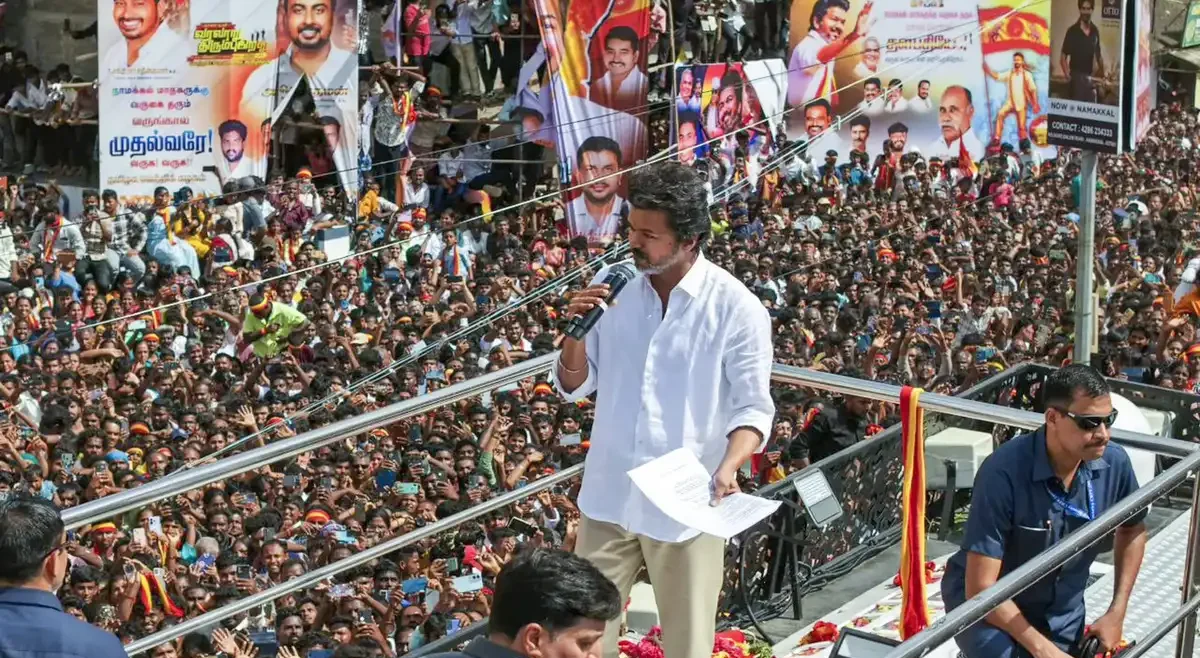
Leave a Reply